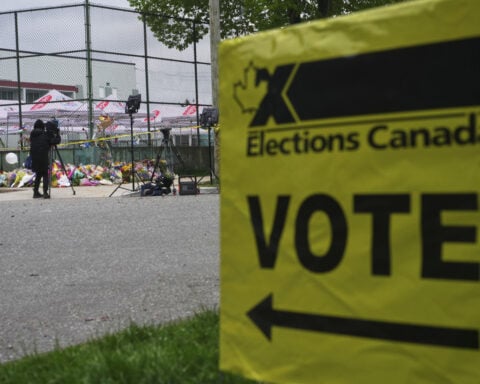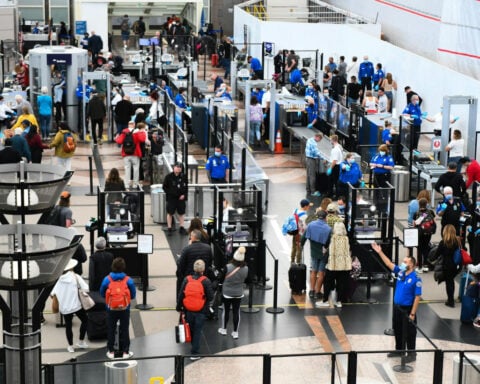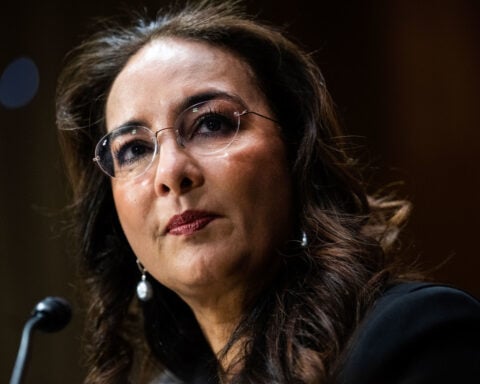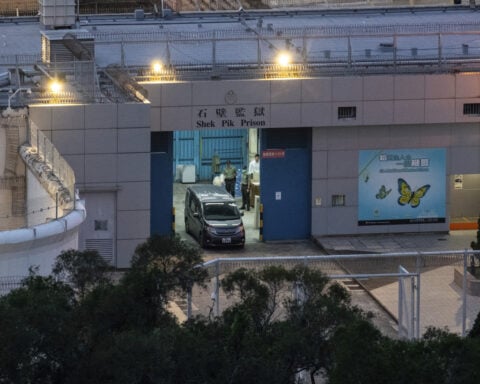BRASILIA (Reuters) - Brazilians are wagering up to 30 billion reais ($5.1 billion) per month on online betting, Brazilian central bank executive director Rogerio Lucca told lawmakers on Tuesday, revising a previous estimate of 20 billion reais made last year.
Also speaking at a congressional inquiry into the sector, central bank governor Gabriel Galipolo said the Finance Ministry's betting and prizes secretariat now estimates that up to 94% of wagered amounts are returned as prizes, compared with the central bank's earlier assumption of 85%.
Brazilians have fallen hard for online betting, which only became a regulated market in January despite being legalized since 2018.
Bank studies show the gambling boom is straining household finances, curbing consumption, and driving some families into bankruptcy in Latin America's largest economy.
Galipolo said the central bank began examining the issue after noticing a rise in household income without a corresponding increase in consumption or savings, suggesting that some resources could be flowing into gambling.
"Within our mandate of financial and monetary stability, the central bank seeks to understand how demand is behaving and where income is going, so we can assess its impact on prices and on household indebtedness," Galipolo said.
He noted that gamblers tend to have weaker credit scores, and banks now factor betting habits into credit risk assessments.
A central bank study found five million Bolsa Familia recipients sent 3 billion reais to online gambling platforms via Pix payments last August - about 20% of the program's monthly budget, which is aimed at supporting Brazil's poorest households through direct cash transfers.
Officials floated blocking recipients from using the funds for betting, but the measure has not been implemented. Galipolo said the government faces technical hurdles in tracking which funds came from the program.
He added he is legally barred from disclosing Pix transaction details due to banking secrecy rules.
($1 = 5.9273 reais)
(Reporting by Marcela Ayres; Editing by Alistair Bell and Natalia Siniawski)

 Trump has begun another trade war. Here's a timeline of how we got here
Trump has begun another trade war. Here's a timeline of how we got here
 Canada's leader laments lost friendship with US in town that sheltered stranded Americans after 9/11
Canada's leader laments lost friendship with US in town that sheltered stranded Americans after 9/11
 Chinese EV giant BYD's fourth-quarter profit leaps 73%
Chinese EV giant BYD's fourth-quarter profit leaps 73%
 You're an American in another land? Prepare to talk about the why and how of Trump 2.0
You're an American in another land? Prepare to talk about the why and how of Trump 2.0
 Chalk talk: Star power, top teams and No. 5 seeds headline the women's March Madness Sweet 16
Chalk talk: Star power, top teams and No. 5 seeds headline the women's March Madness Sweet 16
 Purdue returns to Sweet 16 with 76-62 win over McNeese in March Madness
Purdue returns to Sweet 16 with 76-62 win over McNeese in March Madness








